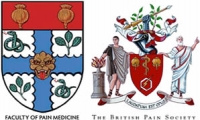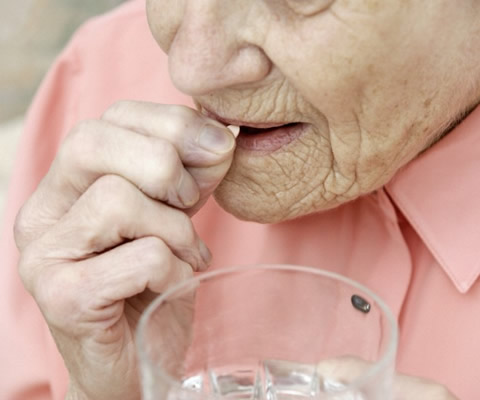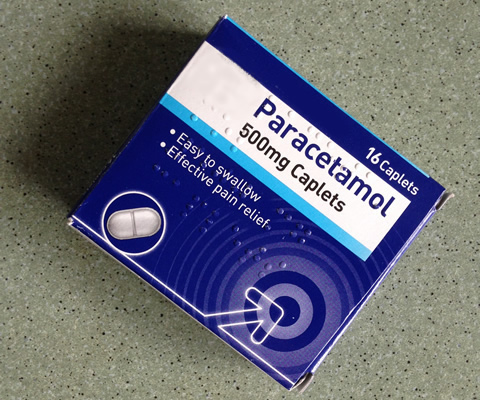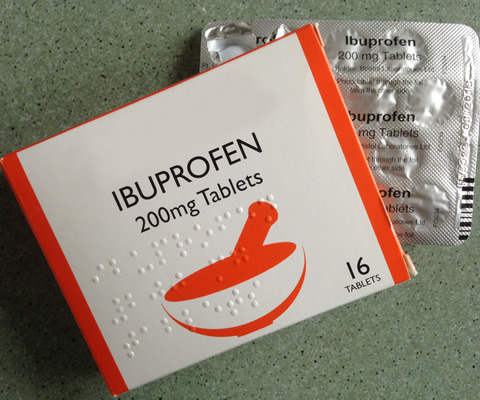Medications and Older Adults course for Medical Doctors



This session describes the physiological changes that occur with ageing and the effects these changes have on the handling of analgesic medicines.
Learning Objectives
By the end of this session you will be able to:
- Describe the physiological changes of ageing that alter drug handling
- Outline the effect of physiological changes on the handling of paracetamol and NSAIDs in older people
- Explain the clinical relevance of pharmacological differences between different opioids in older people
- Describe the considerations when choosing pharmacological treatments for neuropathic pain in older people
- Identify topical treatments for pain that may be effective for older people
Pain is a common symptom for many older people, who often have other conditions or illnesses and take multiple medicines. Safe prescribing of analgesics in older people is complex due to changes in how the body handles medicines, other medical conditions, polypharmacy and variability in response.
Roger completed his pre-registration training in the pharmaceutical industry and hospital pharmacy. He originally came to Nottingham to study for a doctorate in opioid pharmacology where his interest in pain management began.
For nearly ten years, Roger’s main role was to provide a clinical pharmacy service to the Anaesthetics directorate and to contribute to clinical activity of the multidisciplinary Pain Management Service. In September 2011, he was appointed to a new clinical academic position that provides teaching and research opportunities whilst maintaining regular clinical practice.
Roger is chair of the United Kingdom Clinical Pharmacy Association Pain Management Group. He was co-opted to the Council of The British Pain Society for several years before becoming and elected Council Member in 2011. He represents the Royal Pharmaceutical Society on pain management issues in both online and traditional media, including BBC Regional Radio regular comment.
Roger is a module editor and author for the ePAIN project.

- Anaesthesia Fundamentals | Physiology | Adrenal Ho...
- Posted By eIntegrity Healthcare e-Learning
- Posted Date: 2024-11-13
- Location:Online
- This session reviews the functions of the sympathetic nervous system, the physiology of the adrenal medulla and the hormones adrenaline and noradrenaline.
- Anaesthesia Fundamentals | Physiology | Hypothalam...
- Posted By eIntegrity Healthcare e-Learning
- Posted Date: 2024-11-13
- Location:Online
- This session provides an overview of the interaction between the hypothalamus and both parts of the pituitary gland. A description of the relevant hormones and their actions is also included.
- Anaesthesia Fundamentals | Physiology | The Physio...
- Posted By eIntegrity Healthcare e-Learning
- Posted Date: 2024-11-13
- Location:Online
- This session gives a broad overview of the hormone/endocrine system, including the key systems. It covers types of hormones, modes of action and a brief description of the assessment of hormonal function.
- Anaesthesia Fundamentals | Physiology | Hormonal, ...
- Posted By eIntegrity Healthcare e-Learning
- Posted Date: 2024-11-13
- Location:Online
- This session covers the hormonal, metabolic and inflammatory responses to surgery.
- Anaesthesia Fundamentals | Physiology | Allergy an...
- Posted By eIntegrity Healthcare e-Learning
- Posted Date: 2024-11-13
- Location:Online
- This session describes the four different types of hypersensitivity reactions (allergies) and the subsequent inflammatory response mechanism.







